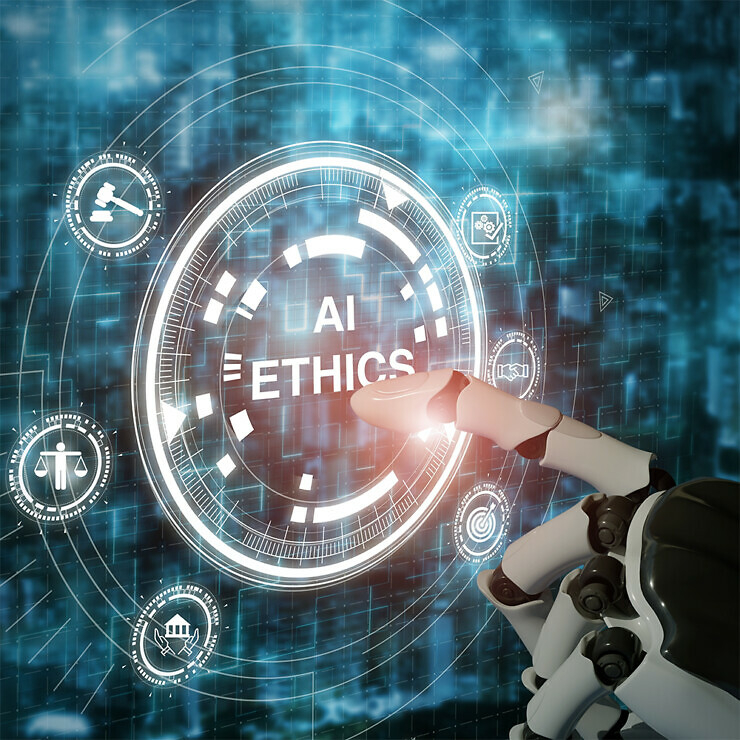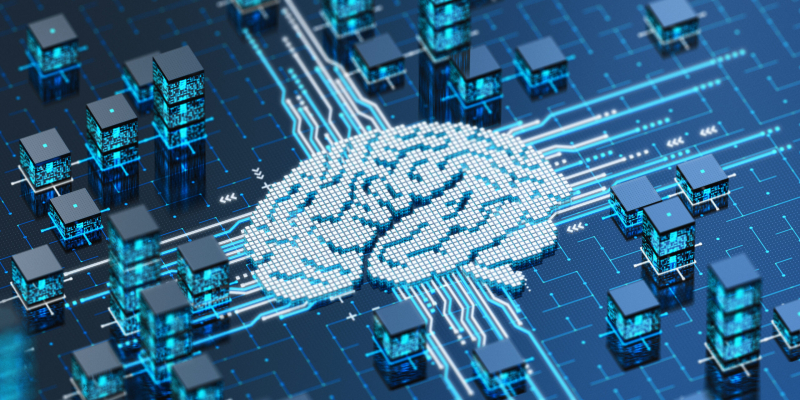The Ethical Implications of Artificial Intelligence
The advent of artificial intelligence (AI) has ushered in a new era of innovation and efficiency. However, it also presents complex ethical implications that society must navigate. This essay explores the ethical considerations surrounding AI, including issues of privacy, autonomy, and the potential for bias.
One primary ethical concern is the impact of AI on privacy. AI systems often require vast amounts of data to learn and make decisions. This data collection can intrude on personal privacy. For example, facial recognition technologies can track individuals without their consent. The collection and use of personal data raise questions about surveillance and the right to privacy. Society must balance the benefits of AI-driven technologies with the need to protect individual privacy rights (Zuboff, 2019).
Autonomy is another significant ethical consideration. AI has the potential to make decisions traditionally made by humans. This shift raises concerns about the loss of human control and the ability of AI to make ethical decisions. For instance, autonomous vehicles must make split-second decisions in critical situations. The programming of these decisions involves complex ethical considerations about the value of human life and the prioritization of certain lives over others. Ensuring that AI systems operate within ethical boundaries and reflect societal values is a challenge that must be addressed (Bryson, 2018).
Moreover, AI systems can perpetuate and amplify existing biases. Machine learning algorithms learn from existing data, which may contain historical biases. For instance, if an AI system is trained on data that reflects past hiring practices favoring a particular gender or ethnicity, it may replicate these biases in its decisions. The ethical implications of such biases are profound, affecting fairness, equality, and discrimination. Addressing these biases requires careful design and continuous monitoring of AI systems to ensure they do not perpetuate inequalities (Noble, 2018).
In conclusion, the rise of artificial intelligence presents significant ethical challenges that society must address. Issues of privacy, autonomy, and bias are at the forefront of the ethical debate surrounding AI. As AI continues to integrate into various aspects of life, it is crucial to develop ethical frameworks and regulations that guide its development and use.
References
- Bryson, J. (2018). Artificial Intelligence and the Future. Polity.
- Noble, S. U. (2018). Algorithms of Oppression: How Search Engines Reinforce Racism. NYU Press.
- Zuboff, S. (2019). The Age of Surveillance Capitalism: The Fight for a Human Future at the New Frontier of Power. PublicAffairs.












